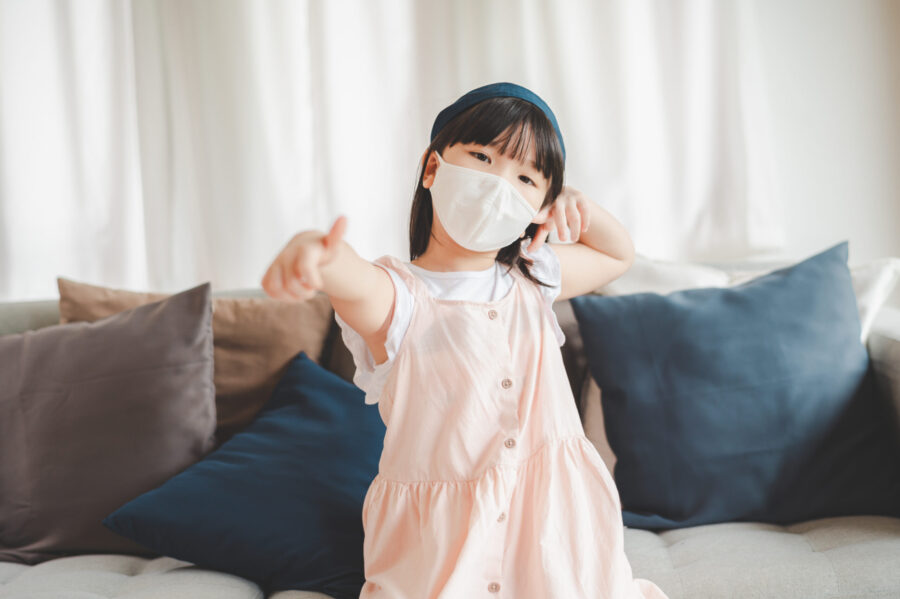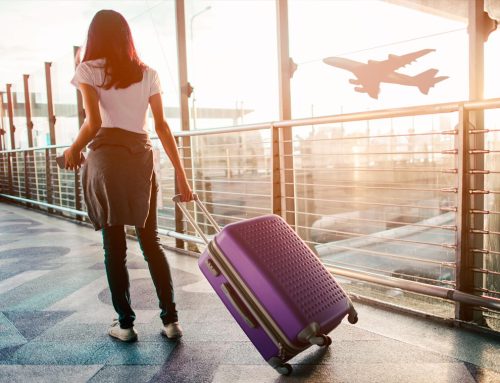The vaccine is effective… and in children, too?
By Emily Kim
In recent weeks, there has been significant research done on the effectiveness of the vaccine in children and youth. In Phase 3 of a clinical trial, researchers at Pfizer/BioNTech discovered that the vaccine had 100% efficacy for US youth between 12-15 years old. They found that, one month after the second dose, the cohort of 12-15 year-olds had antibody levels even higher than the cohort of 16-25 year-olds from earlier trials. None out of the 1,131 vaccinated participants tested positive during the trial period, while 18 out of the 1,129 members from the placebo group did. Side effects of the vaccine were fairly standard, including fatigue, fever, and some soreness at the injection site.
What are the implications of this study moving forward? Though the study is not yet peer-reviewed, we can be cautiously optimistic that the Pfizer/BioNTech vaccine will protect youth from the virus. And with these encouraging results, the vaccine company hopes to expand its Emergency Use Authorization (EUA) to include 12-15 year-olds — a request that is currently pending approval by the FDA.
Additionally, Pfizer/BioNTech is starting an investigation on vaccine effectiveness in even younger children – ranging widely in age from six months to 11 years. The company will study vaccine efficacy in 144 participants divided into three cohorts – six months to two years, two years to five years, and five years to 11 years. The trial will consist of three phases. The first phase will focus on administering different dosages of the vaccine to the different cohorts – 10, 20, and 30 micrograms, starting with the 5-11 year-olds. The second and third phases will focus on observing immune responses from the vaccine and monitoring for any possible symptoms.
Pfizer/BioNTech’s double-dose vaccine counterpart, Moderna, also has a pediatric trial underway. The company plans to enroll 6,750 children from the US and Canada to participate. This Phase 2/3 study, called the KidCove study, will have two parts: in the first part, participants ranging from two to less than 12 years old will be administered the first dose of the vaccine in either 50 or 100 microgram quantities. Participants ranging from six months to less than two years old will receive the first dose in either 25, 50, or 100 micrograms quantities. After analyzing the data, researchers will decide which dosage will be used in part two of the study.
In this second half of the study, participants will be separated into a vaccine group and a placebo group. Those in the vaccine group will receive their second dose as determined from the first part of the study, and researchers will follow up with all participants for twelve months, evaluating vaccine efficacy, safety, and reactogenicity — which is the likelihood of a vaccine to cause adverse reactions after being administered.
Ultimately, these studies assessing vaccine efficacy in children and youth are important because, though not as vulnerable to severe COVID-19, they are far from immune. In fact, according to the American Academy of Pediatrics (AAPI), there have been approximately 3.5 million Covid cases among children in the US. A study published in Jama Network Open even discovered that 12% of children who contracted the virus in 2020 — or one in nine kids — had to be hospitalized.
In addition, because children’s immune systems are different from those of adults, we cannot assume that a vaccine deemed effective in adults will perform the same way in children. Dr. Yvonne Maldonado, professor of global health and infectious diseases at Stanford University, emphasizes that vaccine trials for children must be staggered, “start[ing] with safety settings first and then [moving] to younger and younger ages.” We need these studies to help us understand whether the vaccine is actually safe for children, given that they are still growing, developing, and maturing.
Well then, with these trials underway, when exactly can children get the vaccine? The answer is still unclear. Experts currently speculate that, depending on the results of the clinical trials and whether vaccine companies receive approval from the FDA, youth aged 12-16 will be able to get vaccinated by the summer, with younger children becoming eligible in early 2022. These timelines may evolve as new clinical trials emerge and we continue to learn more about the vaccine. But one thing is for certain: the sooner we know about the vaccine’s impact on children, the sooner we can get them inoculated. And ultimately, the sooner can we get them inoculated, the safer life will be for themselves and the people around them.






